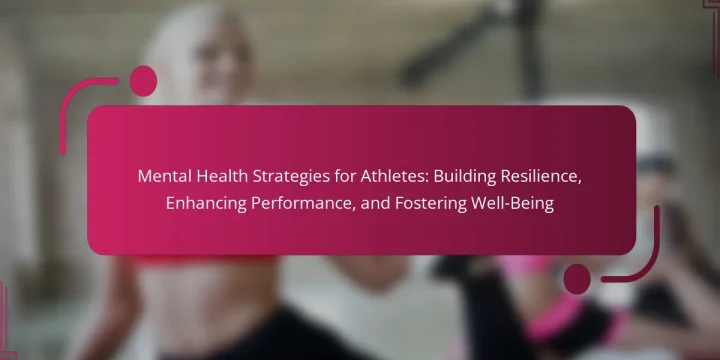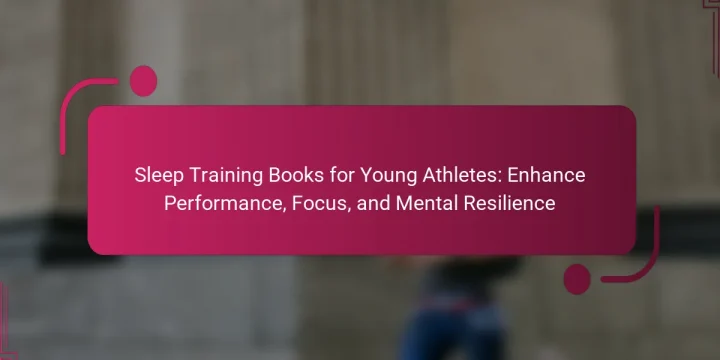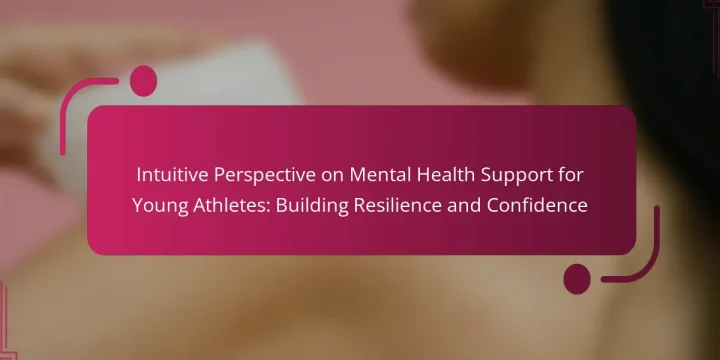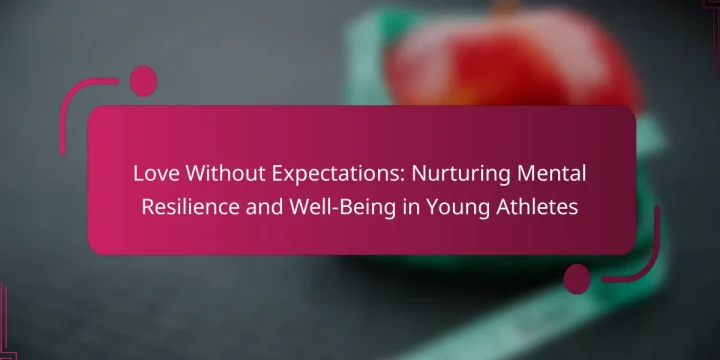
Cheating in youth sports raises critical ethical questions that affect fairness and integrity. It leads to mental health challenges for young athletes and distorts their understanding of success. The pressure to win, influenced by peers and parents, creates a culture where unethical behaviour may seem acceptable. Addressing these issues requires fostering an environment that prioritises integrity and sportsmanship. What are the ethical implications of cheating in youth sports? Cheating in youth sports raises significant ethical concerns, impacting fairness and integrity. It undermines the spirit of competition and can lead to long-term mental health issues for young athletes. The pressure to win can drive some to cheat, which distorts their understanding of success. This behaviour may also set a poor example for peers, promoting a culture where unethical practices are normalised.…








